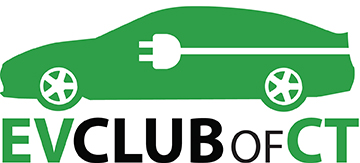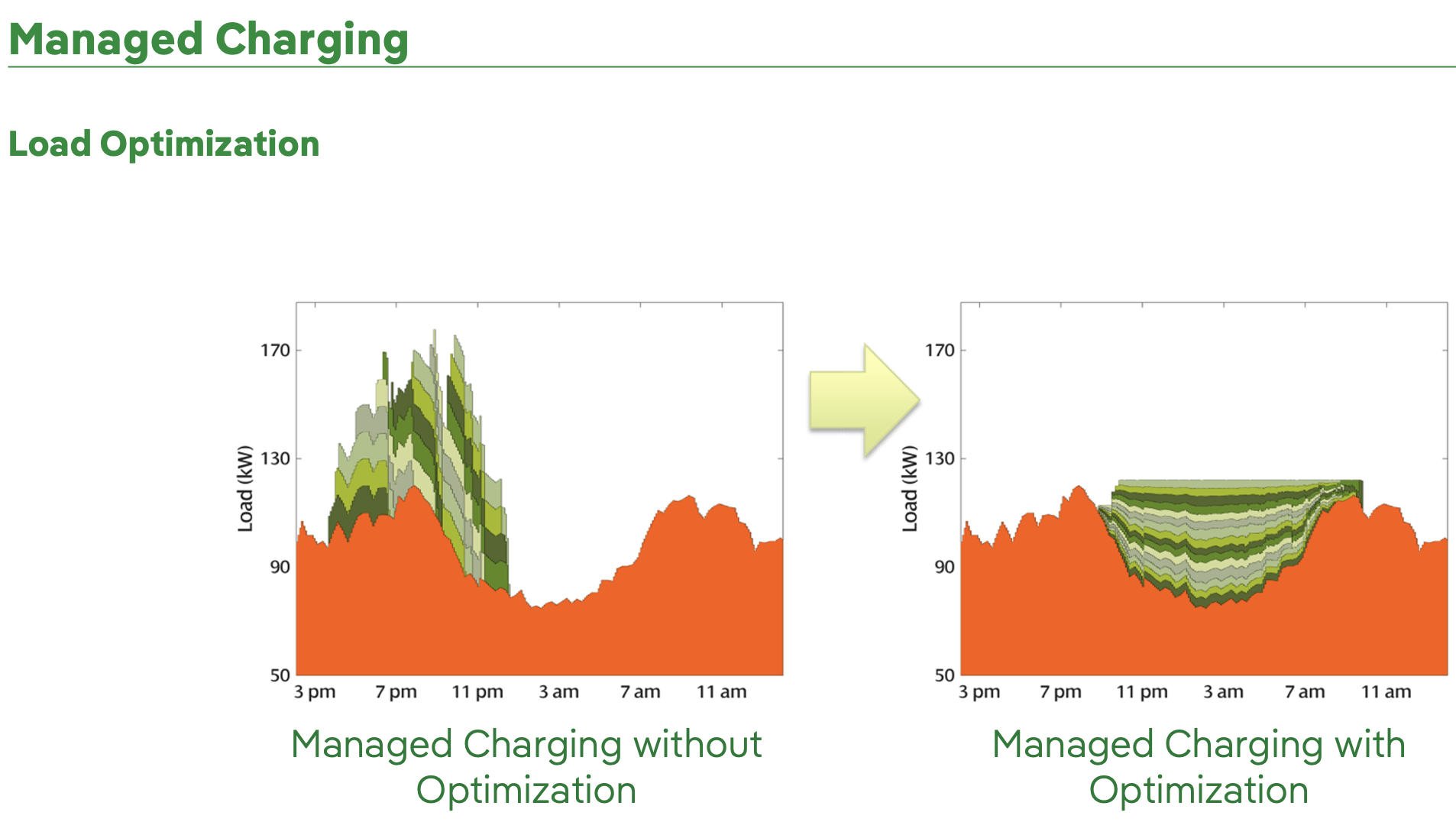What Is Behind This Extreme Action by Eversource and United Illuminating
The largest electric distribution company, EDC for short, (a.k.a. utility) in the state, Eversource, announced last week that it would suspend its participation in the EV charging incentive program. As reported in the Hartford Business Journal, Eversource will stop taking applications after May 22 for residential and commercial level 2 charging incentives and will not award level 3 DCFC incentives in 2024.
Eversource cites “uncertain regulatory treatment,” and complains they are not getting timely funding. This comes one day after it was awarded an 18.7% rate hike. PURA responds in part that Eversource has not yet received cost recovery because it did not ask for it by filing the required distribution rate amendment application.
Senator Norm Needleman, in a statement made to CT Public Radio, characterized Eversource’s actions as “threatening, vindictive, and irresponsible,” and disrespectful of ratepayers who are facing a substantial increase in their bills.
Not to be outdone, United Illuminating, which also recently received a rate increase, announced an immediate suspension of the EV charging incentive (as of April 12th). New applications are not being accepted. Applications submitted prior to April 12th but not yet approved will be placed on hold. UI will payout the incentives for approved projects, but there is no timeline for the payments to be made.
Our Take
This occurs against a backdrop of the Public Utilities Regulatory Authority, PURA, trying to shift the nature of the regulation to incentivize the EDCs to support transitioning CT to a greener, more resilient, and more affordable grid, known as the Equitable Modern Grid Framework. Changing the nature of the regulation would not reduce the rate of return for the EDCs; they would have to direct their efforts differently and would have different performance metrics.
These PR wars tend to be one-sided. The EDCs can say whatever they want, but as noted in the HBJ article, PURA is constrained from speaking about the substance of an open motion. In an indirectly related action, the legislature last year passed a law that makes CT the third state to ban the EDCs from using ratepayer dollars to pay for lobbying expenses. According to the detailed reporting on this by the CT Mirror, utilities around the country use these funds to block climate action and pressure policymakers to let them hike up energy bills.
PURA established the following objectives for its Equitable Modern Grid Framework:
- Support (or remove barriers to) the growth of Connecticut’s green economy;
- Enable a cost-effective, economy-wide transition to a decarbonized future;
- Enhance customers access to a more resilient, reliable, and secure commodity; and
- Advance the ongoing energy affordability dialogue in the State, particularly in underserved communities.
If you would like to learn more about this effort, we recommend two resources that are easy to consume. One is an e-magazine based on a virtual “fireside chat” with PURA Chair Marissa Gillett and Representative Jonathan Steinberg that was prepared by PACE (People’s Action for Clean Energy). The other is an interview of Chair Gillett by David Roberts on his Volts podcast.
The EV Club thinks these charging incentives are important, not only to reduce the financial barriers to EV adoption, but in the service of grid resiliency. Consumers who take the incentives are required to participate in a managed charging program, which pays them up to $200 annually to charge during off-peak times. The flexibility inherent in when an EV can be charged is a benefit to the grid as peak load is reduced and the charging can help load-balance during periods of low demand. The slide at the top of the post is from the presentation given by UI at our conference demonstrating the impact of managed charging with optimization.
We are critical of the EDCs resorting to these scorched-earth tactics to further a political agenda. It will only sow confusion in the marketplace and slow EV adoption. Also, from the perspective of the EV Club, we have invested considerable time and effort to support both Eversource and UI in educating consumers and promoting the incentive. We have had them present at multiple meetings, speak at our conference, gave them feedback on the registration and implementation process, and published a considerable amount of content. It feels like an act of bad faith. Get with the program, guys!


Hey Barry,
2022 Ioniq 5 in shop for 3 weeks and got it back last week…….they said a battery cell was bad in my 12v and I paid $275 and they sent me on my way. I guess this is my only maint. in 27 months and 56,000 miles. Besides tires and wipers. EVs REALLY DO COST LESS TO MAINTAIN!!!!!!!
I thought I had the dreaded e-GMP ICCU failure. My charging at night stops when it wants and not to the level I programmed……odd but certainly not an issue. It seems the charging port inlet gets very hot, 219 degrees F @ 40A 9.2 kW level 2 charging in my garage. Hyundai has changed their software to stop charging @ 100% of my available power to 90% or 60% to lower the temp at the charging port inlet. It does slow charging but it does not affect me. Luckily, I can just charge my EV using my solar during the day and “babysit” the process. It is just a tad more concentration to make sure I have enough range for my driving needs.The EV.ENERGY app for utility rebates was pinging my car too much and creating havok on the 12V battery………I believe Hyundai and the utility rewards program app have reduced the number of pings……..I am now re-allowing the app to moniter my charging and get me my $300 per year incentive back.
I am sure one day soon, the war against burning fossil fuels will really start and everyone will do their part.
The CT utilities should make nighttime charging cheaper, that is good incentive.
I am sure I told you and you know: The cheapest and best new luxury car on the market in Dec 2023 was a Tesla model 3 RWD 272 miles per charge for $30k net after all charges, taxes, dealer fees, reg, plates and $9,750 in incentives. I wish FOX news would broadcast that! I wish CNBC would say that. Instead they say EV are more expensive?????? I so long for the truth.
If one more person talks about EVs and how much more dirty they are than ICE, I will spit.
A pickleball friend bought a used Honda CRV ICE SUV with 30k miles and 3 years old for $34k out the door. The gas and maint on that dinosaur is silly. The get up and go is like so slow. Punching it? So loud.
Driving an ICE for the last 3 weeks, loaner car, cemeted the deal for me and my family…….who would ever use 2 pedals to drive? Slamming on and off the brakes? Prehistoric…….neanderthal. Getting from point A to point B need not be stressful or tiring.
One other thing odd to me…..Warren Buffet builds BYD into largest EV manufacturer and huge battery maker…….then they can’t come to America? America built them up for goodness sake. Everything I have ever bought or owned in the last 30 years is made in Chiina????? But I can’t buy one of the best and cheapest vehicles? Because ford and gm can’t compete? Because they can’t make money? Maybe you need to make widgets instead?
I so wish we just stopped all buying of all goods from china and created a USA manufacturing powerhouse.
I guess with china and russia and north korea…..we americans can unify. For all of USA!!!!!!